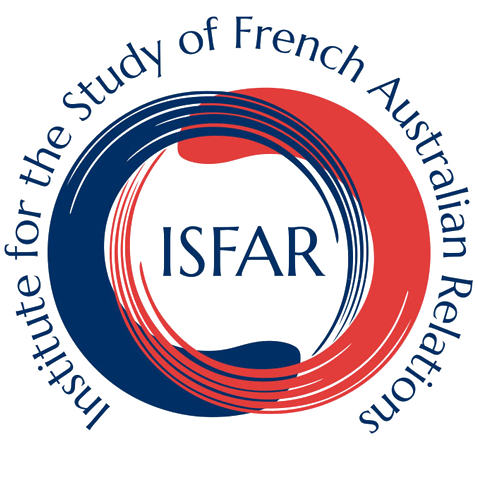The French Australian Review – No 68 Australian Winter 2020
ELAINE LEWIS, JANE GILMOUR, Foreword IRENE ROGERS, ‘A Gift for France’: the Australian Bluebird nurses of the Great War WINNER OF THE 2020 IVAN BARKO AWARD In July 1916, a group of twenty one Australian trained nurses known as the Bluebirds left Australia for the Western Front. They were under contract with The New South Wales […]
Explorations – No 52 Jun 2012
IVAN BARKO, Foreword NICOLE STARBUCK, The Colonial Field – Science, Sydney and the Baudin Expedition (1802) A scholarly examination of the scientific achievements of the Baudin expedition during its long stay in Port Jackson in 1802. Keywords: scientific research, natural history specimens and observations, Port Jackson, François Péron, Nicholas Baudin, Leschenault, a colonial field COLIN […]
Explorations – No 12 Jun 1992
WALLACE KIRSOP, Foreword C.W. NETTELBECK, Interview with J.G. Cornell, 17 October 1984 J.G.Cornell (b. 1904) is interviewed by Colin Nettelbeck and remembers Alliance Française personalities such as Louise Hansen Dyer, Marguerite Cockerton, Edouard Gay and many others, especially those who participated in theatrical productions. He speaks also of his memories of the teaching of French […]
Explorations No 3 – Jul 1986
WALLACE KIRSOP, Foreword ROBERT TRUMBLE, Vincent d’Indy – musicien français – an account of a significant French/Australian link This article sketches the career of composer Vincent d’Indy, a pupil of César Franck, and his undeserved eclipse since his death in 1931. The Australian connection was first established by Bernard Heinze, later Sir Bernard, when, at […]
Explorations No 2 – Dec 1985
COLIN NETTELBECK, Forward JIM DAVIDSON, The idea of France in Victoria In this wide-ranging essay, the author surveys not only Melbourne society’s enthusiasm for things French but also the occasional emergence of anti-French feelings generated by the survival of traditional British hostility to France as well as the existence of tensions between the Australian colonies […]
